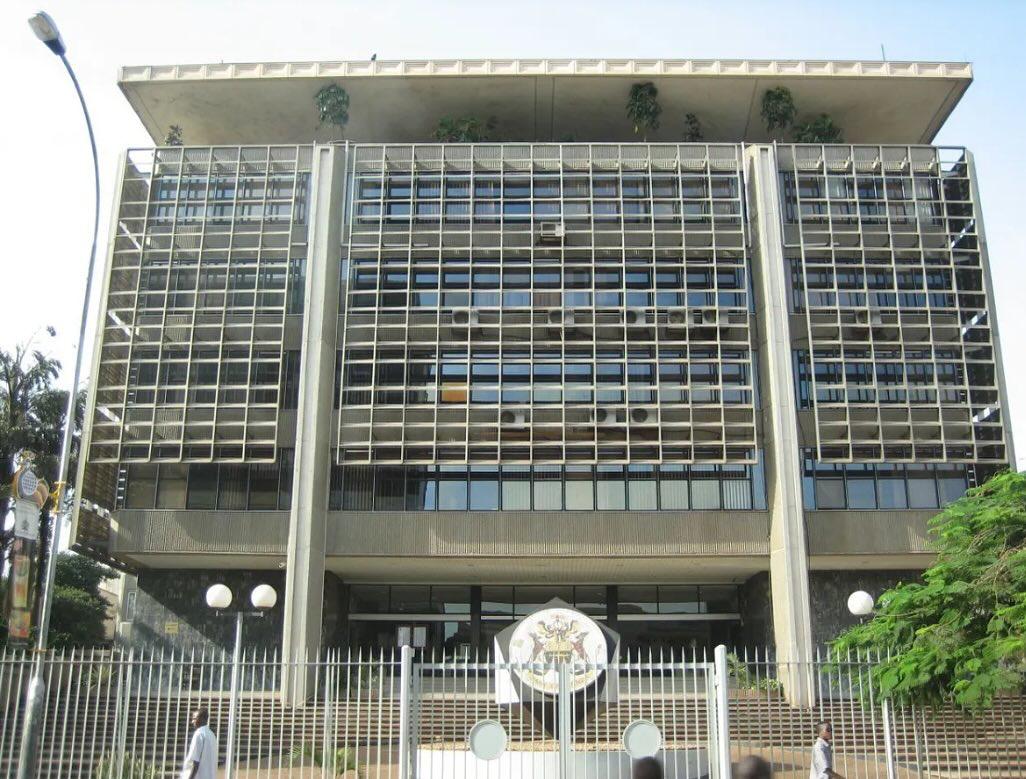By David Mwanje
The Bank of Uganda (BoU) has opted to keep the Central Bank Rate (CBR) steady at 9.75%, a decision announced by Governor Michael Atingi-Ego during the Monetary Policy Committee (MPC) meeting on August 12, 2025. This move, rooted in cautious optimism, reflects Uganda’s resilient economic performance despite global headwinds, offering a beacon of stability for businesses, traders, and everyday Ugandans.
In the latest Monetary Policy Statement, the BoU highlighted Uganda’s macroeconomic stability in the 2024/25 Financial Year, driven by effective coordination between monetary and fiscal policies. “This synergy has anchored investor confidence, allowing Uganda to weather a volatile global environment,” Atingi-Ego noted.
Annual headline and core inflation averaged 3.4% and 3.9%, respectively, well below the medium-term target of 5%, supported by prudent monetary policy, a stable shilling, and favorable global food and energy prices. In July 2025, headline and core inflation dipped to 3.8% and 4.1%, respectively, driven by lower food crop and transport service costs.
The BoU projects core inflation to hover between 4.5% and 4.8% in FY 2025/26, slightly lower than previous forecasts, thanks to a stronger shilling and declining global oil prices. However, risks loom. “Upside pressures like exchange rate depreciation or adverse weather could push inflation higher, but we remain vigilant,” Atingi-Ego warned. Downside risks, such as subdued global demand or falling oil prices, could further suppress inflation.
Economic growth remains a bright spot. Uganda’s real GDP grew by an estimated 6.3% in FY 2024/25, up from 6.1% the previous year, fueled by low inflation, export growth, and strategic government investments in infrastructure.
The BoU projects GDP growth of 6.0-6.5% in FY 2025/26, with medium-term prospects bolstered by rising agricultural output and extractive sector investments. “Our tenfold growth strategy is gaining traction, supported by targeted initiatives and resilient domestic activity,” Atingi-Ego said. Yet, global supply chain disruptions and tighter financing conditions pose risks, though easing geopolitical tensions and increased infrastructure spending could drive faster growth.
The decision to maintain the CBR at 9.75%, with the rediscount rate at 12.75% and bank rate at 13.75%, reflects a cautious stance. “This rate strikes a balance between controlling inflation and fostering growth,” Atingi-Ego emphasized, signaling that future adjustments will depend on evolving economic data.
For local businesses, the steady CBR ensures borrowing costs remain predictable, supporting investment in sectors like manufacturing and services. The projected 6.0-6.5% GDP growth signals robust demand, particularly in agriculture and extractive industries, offering opportunities for expansion.
However, businesses reliant on imports face risks from potential exchange rate depreciation, which could raise costs if global trade barriers intensify.
Ugandan traders, especially those in export markets, benefit from the shilling’s stability and strong export performance. The BoU’s optimistic growth outlook, underpinned by government infrastructure projects, suggests sustained demand for goods and services. Yet, traders must navigate downside risks like falling commodity prices, which could squeeze margins, particularly for agricultural exports.
For everyday Ugandans, low inflation at 3.8% in July 2025 means stable prices for essentials like food and transport, preserving purchasing power. The projected economic growth could translate into more job opportunities, particularly in agriculture and infrastructure-related sectors. However, adverse weather or global economic shocks could disrupt food supply chains, potentially raising living costs.
Overall, the BoU’s cautious yet optimistic stance fosters a stable environment for growth, but vigilance is key. As Atingi-Ego concluded, “We are committed to supporting Uganda’s socio-economic transformation while navigating global uncertainties.” For now, Uganda’s economic engine hums steadily, offering hope to businesses, traders, and citizens alike.























